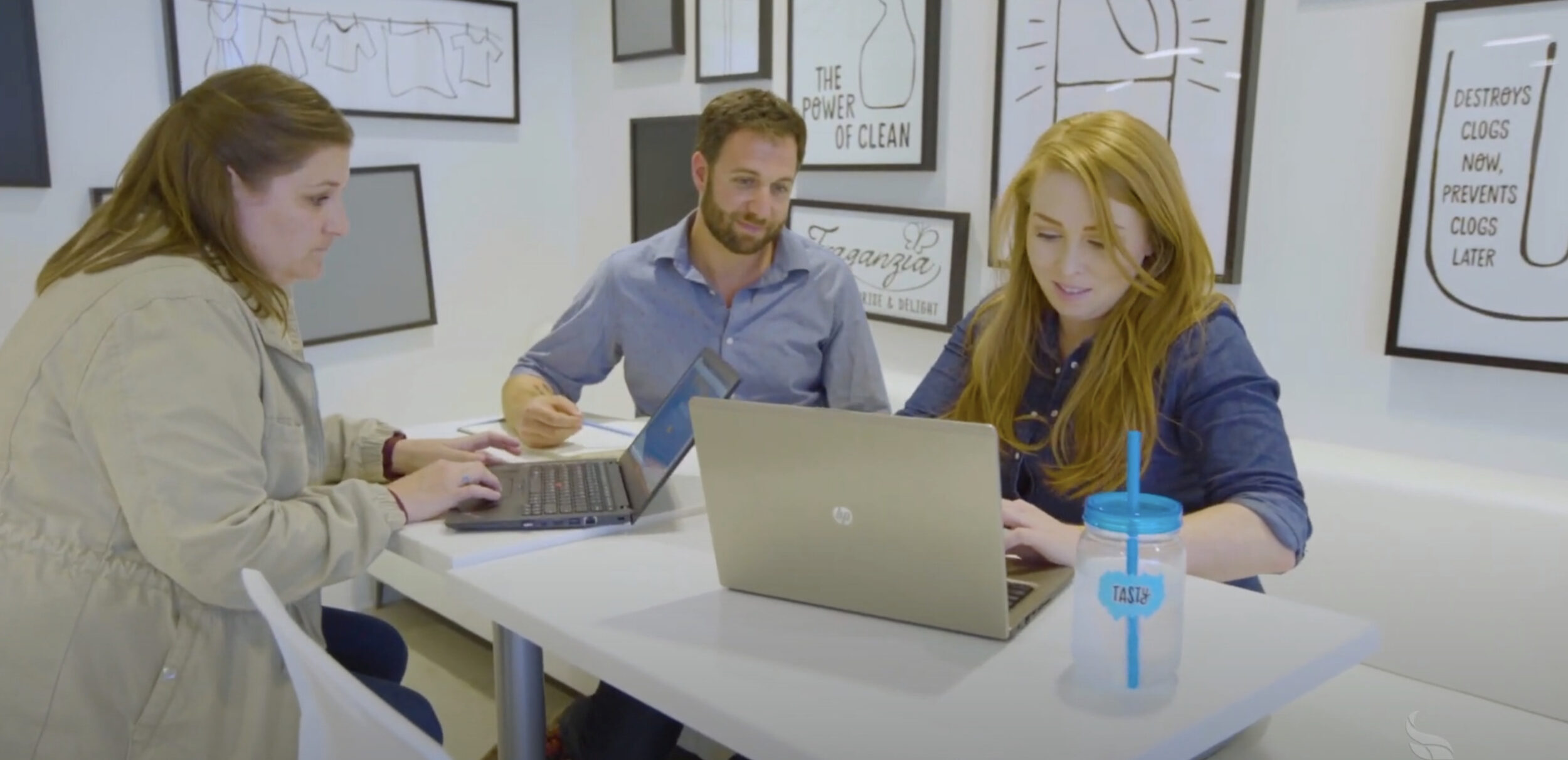Summary:
Benno leads his team with clarity, logic, and a few defining principles. He tells his team the What and the When, but lets them get creative with the How.
Thuy
You have received honors for being a leader who builds a culture of employee engagement and empowerment. How do you go about giving employees that sense of empowerment and building those engaged teams?

Benno Dorer
Yeah, the biggest thing is you got to make it clear where we're going, so having a clear "true north" as I call it, and a clear strategy is essential. In order for people to be empowered and in order for people to make decisions on their own, they need to know what matters. And in order for that to happen, they need to be crystal clear on what the strategy is. I place a lot of emphasis on strategy. I place a lot of emphasis on metrics that determine success, because metrics typically tell people what matters, and the clearer you can be, the better. And then my personal leadership style, I always say, is I worry about the what and the when but less so about the how. So I always try to make it very clear what it is we're trying to accomplish, and by when we want that to be accomplished. That sort of forms a contract that I always have with people who work for me. I put a lot of effort into making that as clear and meaningful as possible. But then the how, I give people a lot of freedom because there are so many different ways of achieving the what and the when, and making sure that I don't micromanage has always been really, really important to me. And then lastly, I think what matters is for any leader to be authentic, and part of being authentic and human means to admit mistakes. People generally, in my experience, feel more empowered, more willing to make decisions freely if they know that their boss has their back when they make mistakes.
And so what do you do when someone comes to you and says, "I made a mistake. I did this versus that, and here's the negative outcome"? If you punish them, they will likely be less inclined to make decisions the next time around. If you talk it through with them, if you support them through all of this, you talk about what we are learning and how we can avoid the mistake next time, they will reward you with a greater willingness to make decisions. And part of that is to also role model by not making mistakes myself.
And so what do you do when someone comes to you and says, "I made a mistake. I did this versus that, and here's the negative outcome"? If you punish them, they will likely be less inclined to make decisions the next time around. If you talk it through with them, if you support them through all of this, you talk about what we are learning and how we can avoid the mistake next time, they will reward you with a greater willingness to make decisions. And part of that is to also role model by not making mistakes myself.
Related Posts

You Can’t Please Everyone
Vy Tran learned a tough lesson as a first-time manager – you can’t please everyone. Having to “drive accountability” while also being a self-described “people pleaser” required Vy to dig deep and re-think how she communicates with her team.

Failing Forward
Failing forward is an essential skill not just at work but in life. For Vy Tran, learning from her mistakes has made her a more effective and influential leader.

